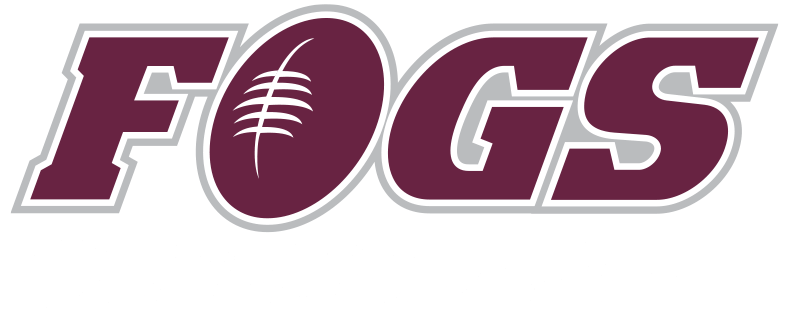Super Cooper Takes Bravery to New Heights
- Michael Westlake
- Oct 2, 2018
- 3 min read
Updated: Sep 24, 2024
Cooper Cronk wrote his name into the history books and confirmed his place as one of the modern greats of the game with a heroic performance for the Roosters in their grand final win over the Storm.
Cronk was in doubt for the game right up until kick-off as a suspected rotator cuff injury suffered the week before against Souths threatened to rob him of a spot in their biggest club game of the year.
The truth about the injury, however, was much worse.
Cronk had actually fractured his shoulder blade when he was belted by Sam Burgess in the preliminary final, yet he somehow played out the second half of that match and then the entire grand final with the injury to steer his team to glory.
To put the pain and significance of the injury into some context, West Tigers utility Josh Reynolds missed five games at the start of the season with a minor fracture of the shoulder blade – or scapula.
Cronk’s doctor at the Sydney Roosters later revealed the former Maroons halfback had a 15cm crack along the full width of the shoulder blade – an injury he compared with those suffered in motorcycle crashes.
For mortal footballers, it is normally considered a four-to-eight week injury.
Cronk played again after just eight days.
Grand final folklore is built on players pushing through the pain barrier – John Sattler with his broken jaw, Shane Webcke with his barely healed broken arm, and Burgess himself with a fractured eye socket.
But no one has ever carried such a severe pre-existing injury into a grand final before.
The word “carried” has to be used in a metaphorical sense because, truth be told, if Cronk had to carry something with both arms, he would not have been able to lift it.
His left arm dangled by his side like a deflated balloon for most of the match, but the severe pain did not blunt his football brain.
Former premiership coach Phil Gould said in commentary that the Roosters “were playing with 12 men, and an on-field coach”, and that is exactly the role Cronk delivered – directing teammates, calling plays, steering traffic.
The old adage about playing in a dinner suit is normally used as a criticism for a player that is not doing enough work.
In Cronk’s case, he was still masterful despite not being able to run with the ball or pass to his right.
And his Roosters teammates responded to the halfback’s bravery, delivering a brutal and relentless performance that rattled the normally unshakeable Melbourne Storm.
The Roosters’ defence in particular was at another level, never allowing the Storm to get into the contest and forcing Melbourne’s trademark discipline into uncharacteristic errors.
The time and space created by the Roosters pack allowed Cronk to direct the game like an orchestra’s conductor, and provided the platform for Ipswich-born Luke Keary to have the game of his life and walk away with the Clive Churchill medal as best player on the ground.
Cronk now has back-to-back premierships with two different clubs, after winning with Melbourne last year, while Keary also has now won titles with two different clubs after winning with the Rabbitohs in 2014.
As usual though, there are two sides to every story, and while Cronk, Keary and the Roosters were savouring their fairytales, the Storm were left to digest a performance that strayed a long way from the script.
Billy Slater, the greatest fullback the game has ever seen, was hoping to win a grand final in his last game but will instead walk into retirement with the bitter taste of defeat as his farewell to the game.
Skipper Cameron Smith’s future remains under a cloud as he weighs up joining Slater in retirement or pushing on for one more season to become the first man to play in 400 NRL games.
Cameron Munster, who has proven himself a reliable match-winner in big games, had a night to forget with two separate stints in the sin bin at the back-end of each half as the Storm’s season imploded in front of their eyes.




